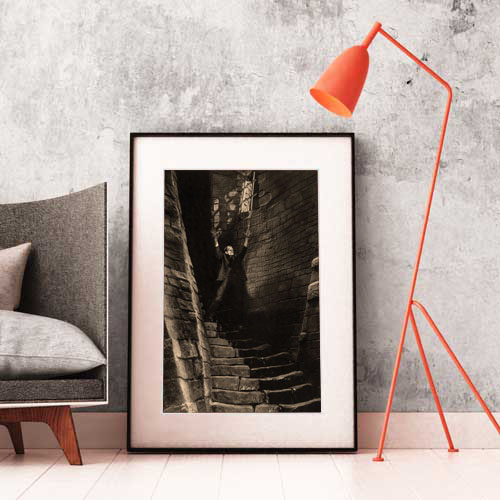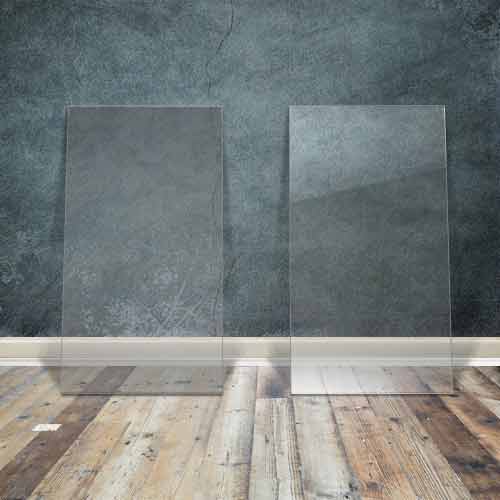Exceptional 1973 theatrical casting shot featuring the voluptuous Ingrid Pitt. This specific portrait was used by the Rolf Kruger Management LTD Talent agency in England. It was originally part of her own personal archives. Definitely one-of-a-kind and a "must have" for your personal photo archives!
Ingrid Pitt (born Ingoushka Petrov; 21 November 1937 – 23 November 2010) was a Polish-British actress and writer, best known for her work in horror films of the 1970s. Ingoushka Petrov was born in Warsaw, Poland, one of two daughters of a father of German Jewish descent and a Polish Jewish mother. During World War II, she and her mother were imprisoned in Stutthof concentration camp in Sztutowo, Free City of Danzig (present-day Nowy Dwór Gdański County, Pomeranian Voivodeship, Poland) but escaped.
In Berlin, in the 1950s, Ingoushka married an American soldier, Laud Roland Pitt Jr., and moved to California. After her marriage failed she returned to Europe, but after a small role in a film, she took the shortened stage name "Ingrid Pitt", keeping her former husband's surname, and headed to Hollywood, where she worked as a waitress while trying to make a career in films. Her work with Hammer Film Productions elevated her to cult figure status.
She starred as Carmilla/Mircalla in The Vampire Lovers (1970), based on Joseph Sheridan Le Fanu's novella Carmilla, and played the title role in Countess Dracula (1971), based on the legends about Countess Elizabeth Báthory. Pitt also appeared in the Amicus horror anthology film The House That Dripped Blood (1971) and had a small part in The Wicker Man (1973). In the mid-1970s, she appeared on the judging panel of the British ITV talent show New Faces.
During the 1980s, Pitt returned to mainstream films and television. Her role as Fraulein Baum in the 1981 BBC Playhouse Unity, who is denounced as a Jew by Unity Mitford (Lesley-Anne Down), was uncomfortably close to her real-life experiences. Her popularity with horror film buffs had her in demand for guest appearances at horror conventions and film festivals. Other films in which Pitt has appeared outside the horror genre are: Who Dares Wins (1982) (or The Final Option), Wild Geese II (1985) and Hanna's War (1988). Generally cast as a villainess, her characters often died horribly at the end of the final reel.
"Being the anti-hero is great – they are always roles you can get your teeth into."At this time, the theatre world also beckoned. Pitt founded her own theatrical touring company and starred in successful stage productions of Alfred Hitchcock's 1954 classic, Dial M for Murder, Duty Free (or Don't Bother to Dress), and Woman of Straw. She also appeared in many television series in the United Kingdom and the United States; among them Ironside, Dundee and the Culhane and Smiley's People. In 1998, Pitt narrated Cradle of Filth's Cruelty and the Beast album, although her narration was done strictly in-character as the Countess Elizabeth Báthory, as she portrayed in Countess Dracula.
In 2000, Pitt made her return to the big screen in The Asylum, starring Colin Baker and Patrick Mower and directed by John Stewart. In 2003, Pitt voiced the role of Lady Violator in Renga Media's production Dominator. The film was the United Kingdom's first computer-generated imagery animated film. After a period of illness, Pitt returned to the screen for the Hammer Films-Mario Bava tribute Sea of Dust (2008). Pitt died of congestive heart failure in a south London hospital on November 23rd, 2010, two days after her 73rd birthday. Seven months before she died, Pitt finished narration for Ingrid Pitt: Beyond the Forest (2011), an animated short film on her experience in the Holocaust, a project that had been in the works for five years.
Character design and storyboards were created by two-time Academy Award-nominated filmmaker Bill Plympton. The film is directed by Kevin Sean Michaels; co-produced and co-written by Jud Newborn, Holocaust expert and author, "Sophie Scholl and the White Rose"; and drawn by 10-year-old animator, Perry Chen. There will be a feature-length documentary, also by Michaels, to follow.
Product Enquiry
Kodak Professional Endura Paper
Kodak Endura papers provide an incredible amount of detail and smooth transition of tones. Designed for the professional photographer in mind, looking for a more traditional photo print style, Kodak Endura provides an extended print life and color gamut almost at the level of a high end fine art paper print.
Archival Matte Paper
Archival Matte Paper, also known as Moab Lasal Photo Matte, is our house stock fine art paper and is an economical favorite for fine art reproductions and photo prints. It features a smooth surface, heavy weight (230 g, 9.5-mil), neutral white, matte paper engineered for accurate color reproduction that provides high contrast and high-resolution output. This paper is acid-free, making it the perfect choice for both photography & fine art reproductions.
Giclee William Turner Paper by Hahnemühle
The William Turner by Hahnemühle is one of the most popular papers used in the Giclee printing industry. This is a 310g natural white mould made natural line paper with 100% rag content making it highly archival. It has a slight coarse texture which gives photos and artwork an elegant look. These fine art paper prints (also known as Giclee) are ordered by galleries, individual artists and photographers. The papers and inks are not only archival but use some of the most accurate print technology for full color prints.
- Giclee prints use very expensive archival pigmented inks.
- Highest level of color gamut available in printing (12 color printing).
- Exceptional black & white printing.
- Fade resistant, pigmented inks which provide a superior color range compared to other types of inks. Widely preferred in fine art and photography circles.
- We ONLY use professional grade fine art and photo paper that resist yellowing and aging.
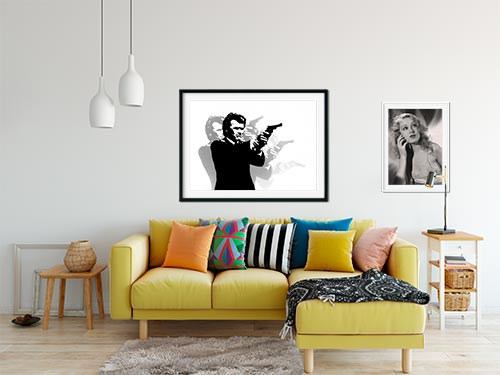
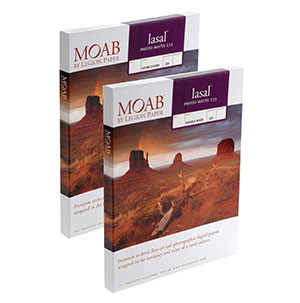
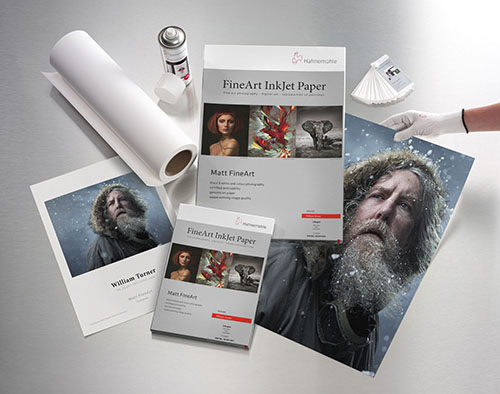
Framing
We offer wood and metal frames, custom cut & joined to order. Each framed print includes hanging hardware and foamcore backer.
Matting
We use conservation grade 100% virgin alpha-cellulose 2 ply mats with white core. Acid-free and lignin-free, these are both face resistant and meet all conservation quality standards set by the Fine Art Trade Guild. Mats are digitally cut for ultimate precision. The window will be 1/8″ smaller than the print dimensions.
Glazing (Acrylic Glass)
We offer custom cut panes of shatter-proof, acrylic glass, to protect your valuable artwork and prints.
Premium Clear
Framing grade clear acrylic is shatter resistant and lightweight.
Reflection Control
With its matte finish, Tru Vue Reflection Control® Acrylic scatters light to diminish unwanted glare.
Conservation Clear
Tru Vue Conservation Clear® Acrylic is a framing industry staple, blocking up to 99% of UV rays for ultimate protection.
Conservation Reflection Control
Tru Vue Conservation Reflection Control® Acrylic scatters and diffuses light to reduce unwanted glare. Blocks up to 99% of UV rays.
